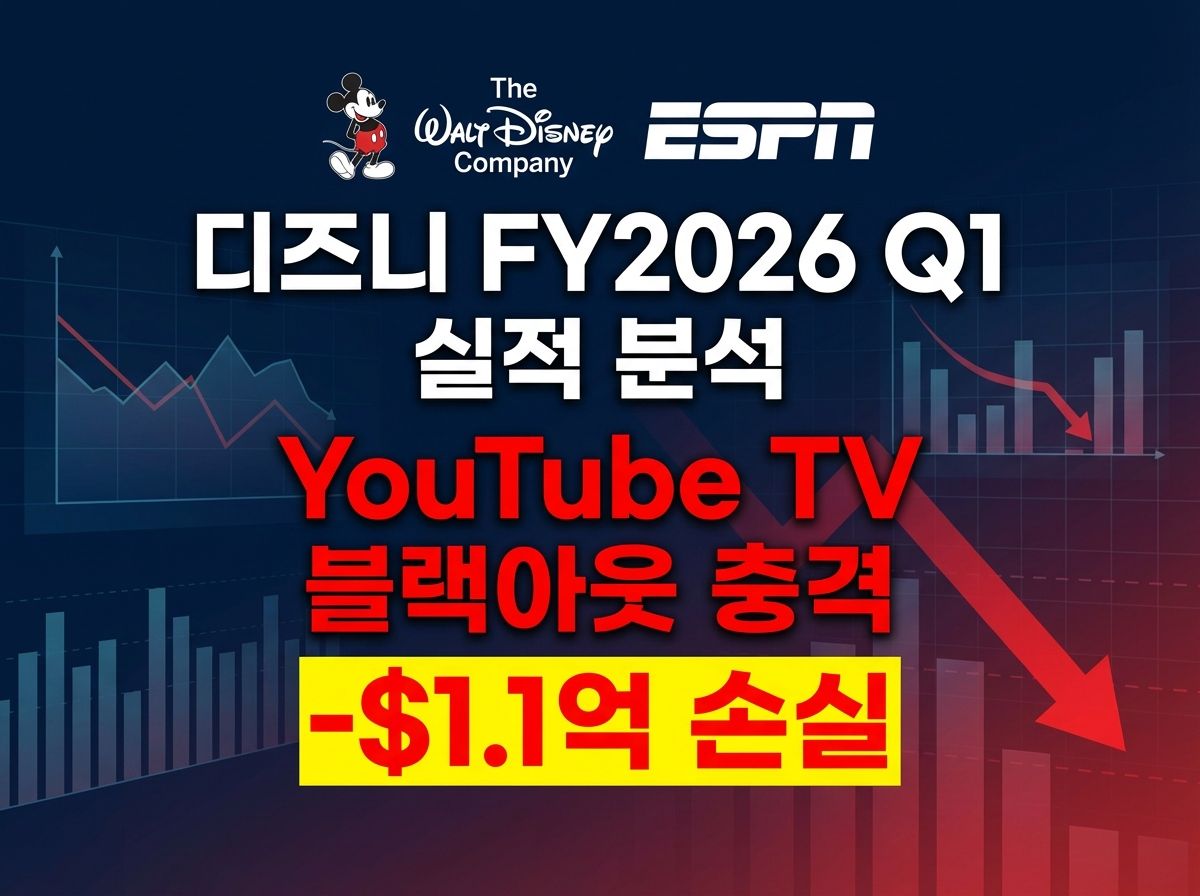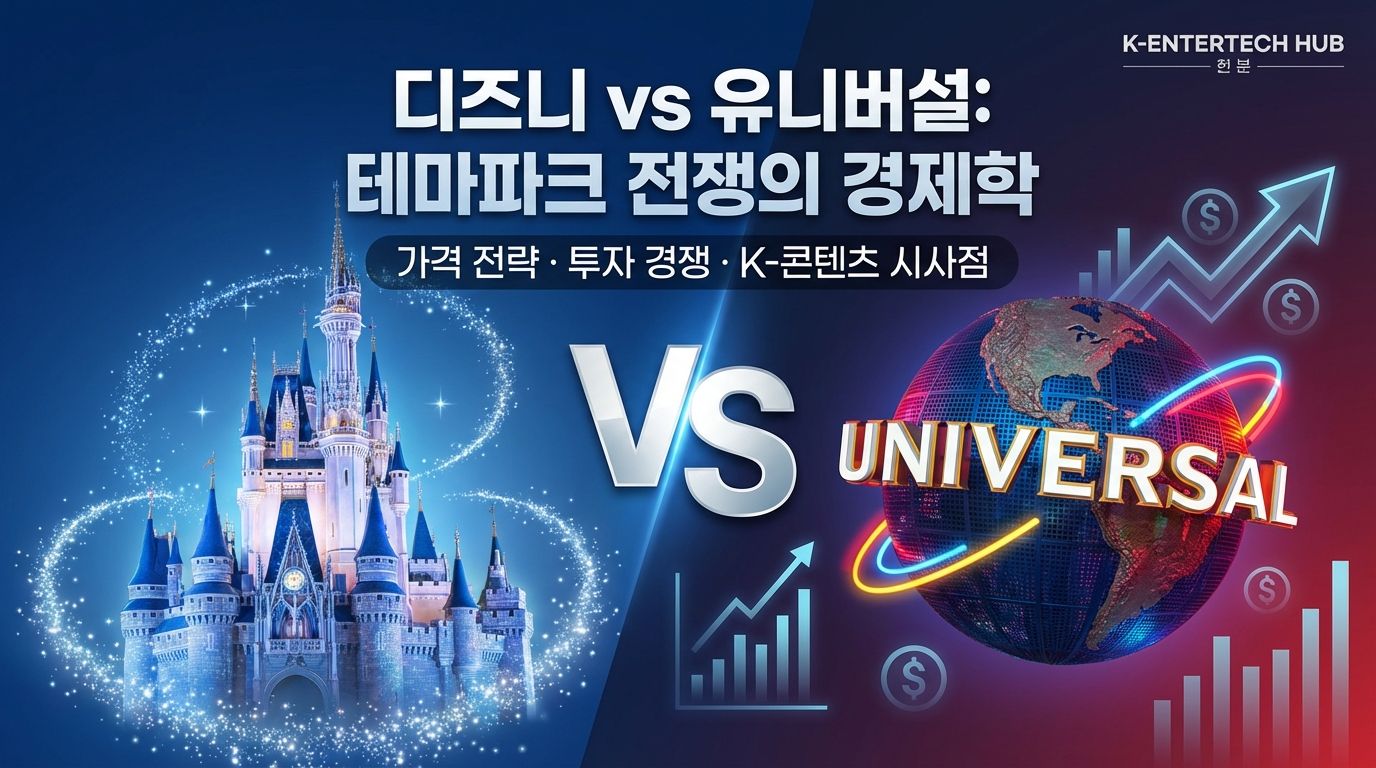최근 미국 도널드 트럼프 대통령이 ‘해방의 날(Liberation Day)’ 연설 이후 일방적으로 부과한 관세 조치로 인해 증시 변동성이 커지면서, 이미 힘든 시기를 겪고 있던 할리우드가 또 한 번의 거센 도전에 직면했다. 일부 전문가들은 “미·중 무역전쟁과 세계 경제 둔화 가능성이 맞물려, 엔터테인먼트 업계가 상당한 타격을 받을 수 있다”고 경고한다.
As Hollywood Faces Tariff Troubles, Don’t Overlook the Growing China Problem
In the wake of President Donald Trump’s recent “Liberation Day” speech and subsequent imposition of unilateral tariffs, Hollywood—which was already navigating a challenging environment—now finds itself confronting yet another formidable test. While the entertainment sector’s direct exposure to tariff-related trade may be limited, experts caution that a combination of American–Chinese trade tensions, a potential global economic slowdown, and wavering consumer confidence could have far-reaching consequences for the film and entertainment industry.
■ 뒤엉킨 트럼프의 관세 정책, 시장 불확실성 가중
트럼프 행정부가 지난주 추가 관세 부과를 90일 일시 유예하긴 했지만, 중국산 제품에 대한 기존 10% 관세(누적 세율 145%)는 여전히 유지되고 있다. 스마트폰·컴퓨터 등 일부 전자제품에 대한 예외 조항을 발표했으나, 시장 혼란은 쉽게 가라앉지 않는 모습이다. 특히 증시가 요동치면서 미디어·엔터테인먼트 업계의 주가는 전반적으로 하락세다. 광고 비즈니스는 이미 침체를 거듭하고 있다.
- 월트 디즈니(Walt Disney Co.) 주가는 한 달 새 14% 하락
- 워너 브라더스 디스커버리(Warner Bros. Discovery)는 부채 부담이 큰 탓에 21% 급락
- 컴캐스트(Comcast), 파라마운트(Paramount), 라이언스게이트(Lionsgate), AMC 네트웍스(AMC Networks) 등도 일제히 내림세
광고 지출은 경제 불확실성에 민감해 쉽게 타격을 입는데, 공교롭게도 TV·스트리밍 업계는 곧 있을 ‘업프론트(Upfront) 시즌’을 앞두고 있다. 스트리밍 서비스들은 가입자 유치를 위해 광고 기반 저가 요금제를 확대하는 추세인데, 혹시라도 광고주들이 지갑을 닫게 되면 매출에 직격탄이 될 수 있다.
더불어 테마파크 부문도 주목해야 한다. 경기 불안은 가족 단위 외출·여행 수요를 줄이고, 이는 디즈니랜드·유니버설 스튜디오 등 테마파크 방문객 감소로 직결될 수 있다는 지적이 나온다. 이미 “반(反)미 정서”가 커지면서 미국 관광산업이 타격을 받고 있다는 분석이 나오고 있다. 미시간 대학교는 2025년 4월 11일 발표된 최신 조사에서 이번 달 소비자 심리가 11% 하락한 50.8로 예비치를 기록했으며, 이는 1952년 이래로 두 번째로 낮은 수치라고 밝혔다. 4월의 수치는 대불황 당시보다 더 낮은 수치다.
더욱이 디즈니 측은 올해 여름 테마파크 예약이 긍정적이라고 강조하지만, 글로벌 무역전쟁이 장기화될 경우 낙관하기 어렵다는 지적도 많다. 반미 감정이 커지고 있는 것도 문제다.
한편, 컴캐스트는 소비자들이 경제에 대해 비관적인 생각을 하고 있는 시기에 자사의 지적 재산에 대한 큰 베팅으로 오랫동안 기다려온 에픽 유니버스 테마파크(Epic Universe)의 개장을 플로리다주 올랜도에 준비 중이다. 관광 업계는 이미 타격을 받고 있다.

A Tangle of Tariffs and Rising Uncertainty
Although the Trump administration announced a temporary 90-day delay on additional tariffs last week, existing tariffs of 10% (cumulatively reaching 145% for certain goods) on Chinese products remain in place. Electronics such as smartphones and computers are currently exempted, but the announcement has done little to quell market unease. Stock prices continue to fluctuate, and media conglomerates—including major Hollywood studios—are seeing their share prices slide:
- Walt Disney Co.: Down 14% in the past month
- Warner Bros. Discovery: Facing a 21% drop, exacerbated by its large debt burden
- Comcast, Paramount, Lionsgate, and AMC Networks: All trending downward
Advertising, a key revenue pillar for media and entertainment, is highly sensitive to economic uncertainty. This comes at a critical time known as the “Upfront Season,” when TV networks and streaming services pitch their upcoming programming to advertisers. With many streaming services now adopting ad-supported tiers to drive subscriber growth, any retreat by cautious advertisers could severely hamper revenues. Theme parks—a significant revenue source for industry giants like Disney—are also vulnerable. Economic turbulence reduces family travel budgets, and rising anti-American sentiment in certain regions further dampens tourism.
Recent data from the University of Michigan underscores the overall pessimism: consumer sentiment in early April (2025) fell by 11% to 50.8, the second-lowest figure on record since 1952, even lower than during previous recessions. Although Disney has pointed to encouraging reservation figures for the summer season, many analysts warn that a protracted trade war and ongoing economic strain could swiftly reverse any positive trends.


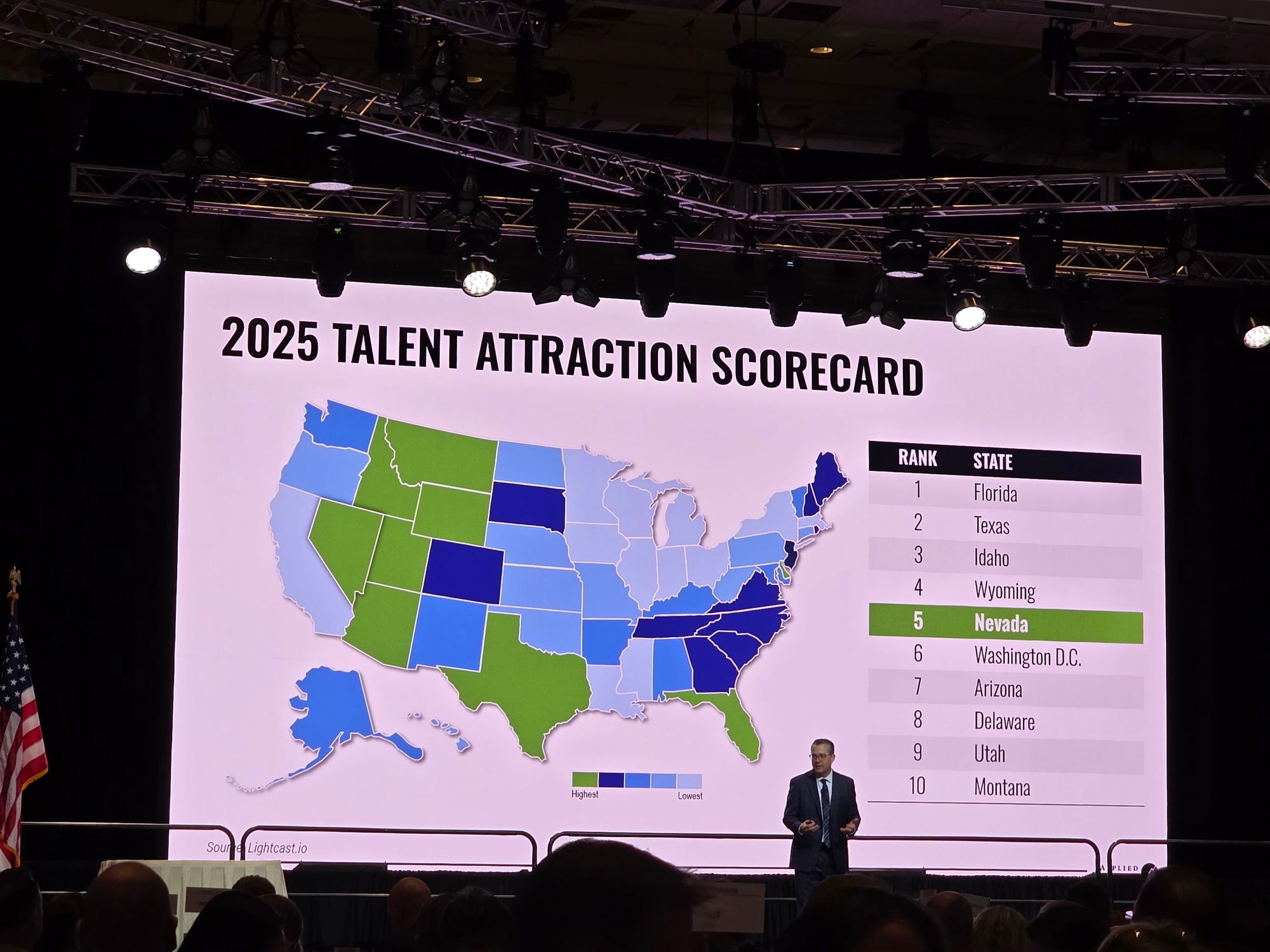
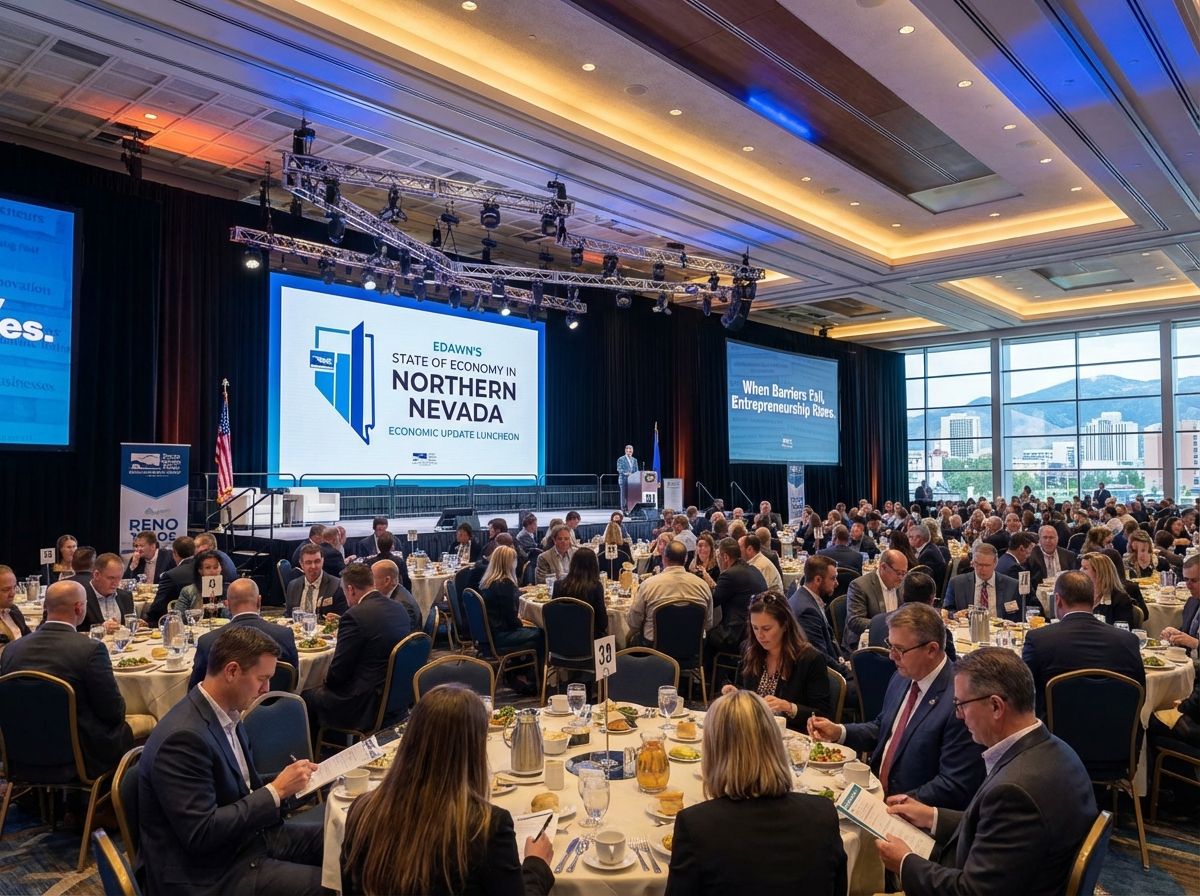
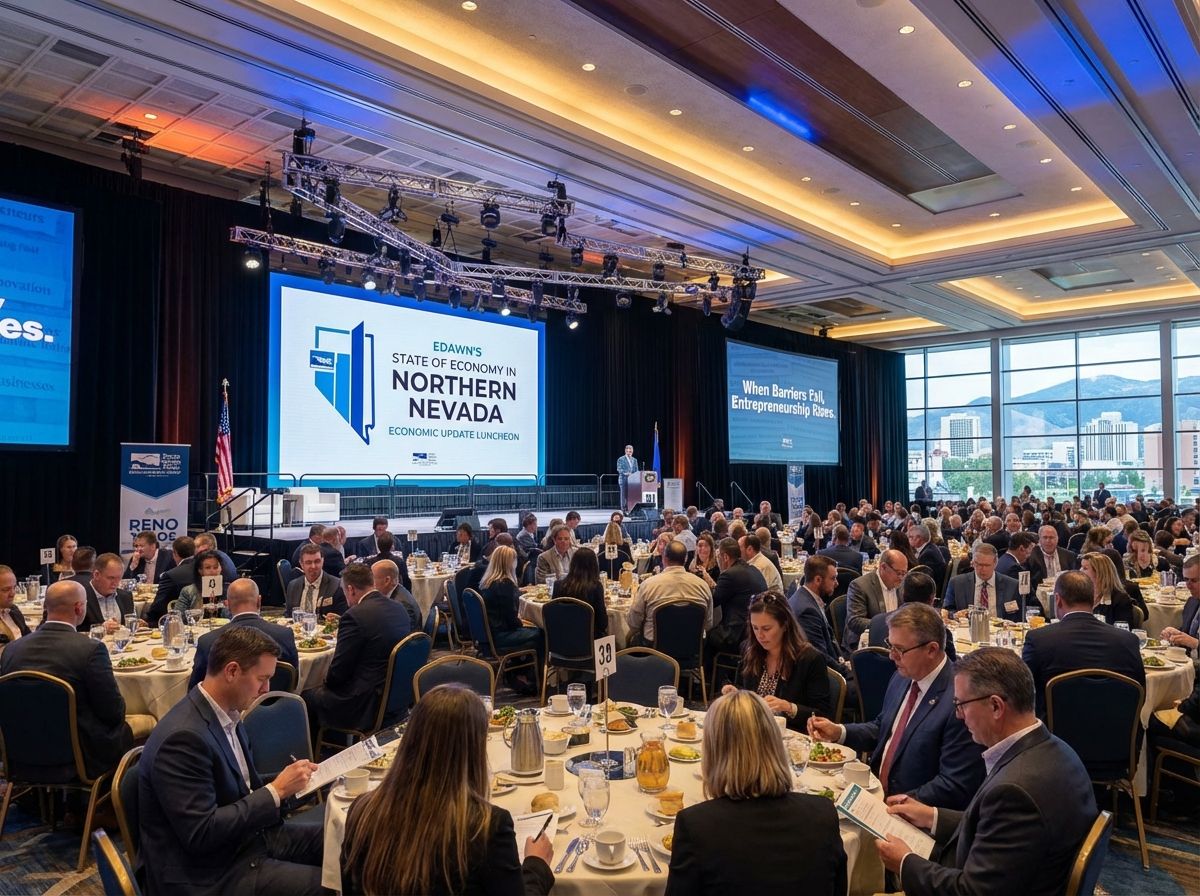

![[보고서]전통 언론사의 크리에이터 전략 대전환](https://cdn.media.bluedot.so/bluedot.kentertechhub/2026/02/0nwc9z_202602100212.png)

